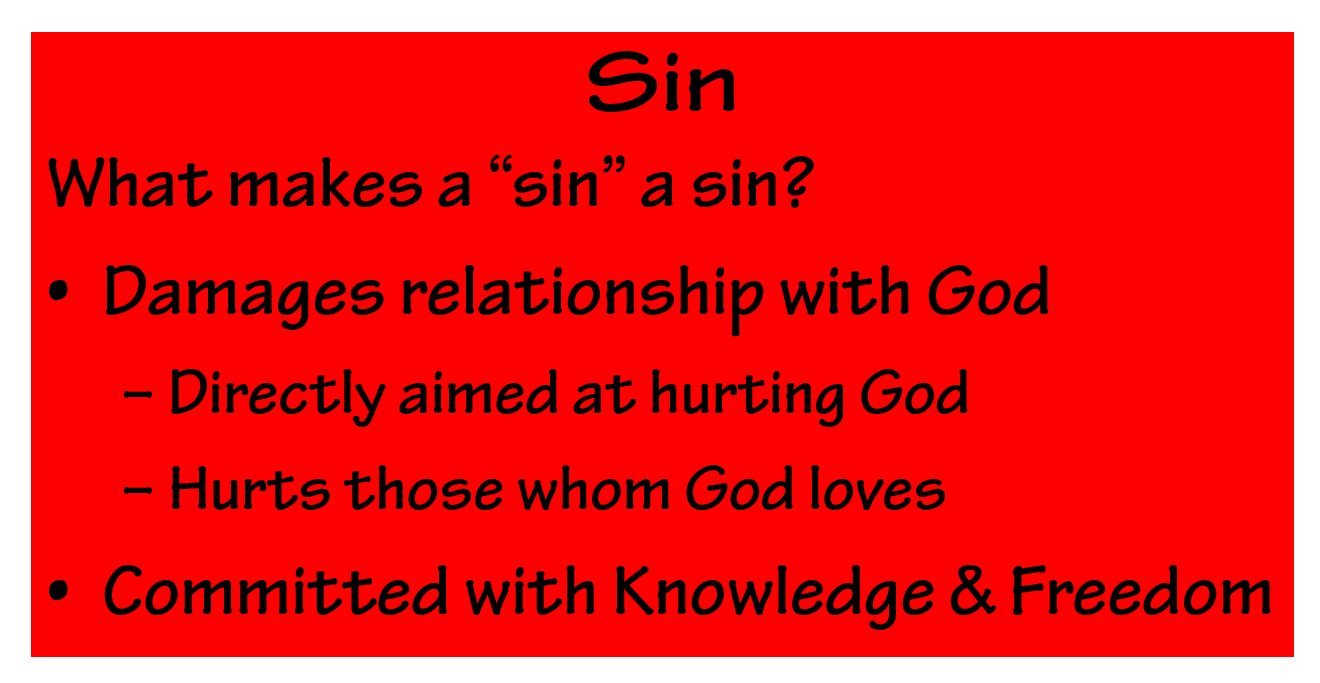The other day at dinner, I tell my boys that I am looking forward to teaching a class that evening on Morality–a favorite topic, which I hadn’t taught in a while. My 6 year old asks:
“Mommy what is mowality?”

I pause, since I usually begin by acknowledging that most of us presume morality is about following a set of rules, and it’s not… it’s about relationship. But in that moment I was challenged to accurately and succinctly describe it in a way that my 6 and 7 1/2 year old would understand.
“Morality is about what’s right and wrong, and why.”
Without missing a beat, he tells me:
“Oh, Mommy! But you teach me and my brudder about that evewy day!”
I want my kids to be good people, so yes, every day I am concerned with the decisions they make and developing their character–whether they’re playing with friends, following through on responsibilities around the house, working at school, or paying attention to the needs of the world around them. Morality is concerned with what’s right and wrong, and why, but it’s not about rules; it’s about relationship.
Relationship
The reason Why something is right or wrong has everything to do with relationship.
- Think about three of your closest friends. What are some of the “unspoken rules” that close friends follow to maintain a healthy relationship? List these relationship-guiding rules out: trust, honesty, care and concern for one another’s well-being… what else would you add?
Who: From the perspective of Christian Morality, we are talking about living a good life in relationship with God. What makes something moral or immoral is
whether it strengthens or damages our relationship with God. When we say something is a “sin” it’s because it damages our relationship with God;
not because it is “breaking the rules.”
How: So how do we strengthen our relationship with God? By loving, honoring, and respecting God and all of God’s Creation.
The number one overarching principle that guides our approach to being in right relationship is a respect for the value, worth, and special dignity within each person as a child of God, created in the image and likeness of God. Catholic Social Teaching refers to this as respect for human dignity, which finds its Scriptural roots in Genesis.
God created humankind in his image; in the image of God he created them; male and female he created them. (Genesis 1:27)
I love how Richard Rohr explains the depth of what human dignity means:
“You are a son or daughter of the Good and Loving God. The Divine Image is planted inherently and intrinsically within you. You cannot create it, you cannot manufacture it, you cannot earn it, you cannot achieve it, you cannot attain it, you cannot cumulatively work up to it. Do you know why? Because you already have it! That is the core of the Gospel” (
Adapted from Dying: We Need It for Life)
As Christians, we are called to respect human dignity with the care and concern of divine,
agape love.
This is my commandment: love one another as I love you.(John 15:12)

When we put together the
Who and the
How of morality, we can see that
living a good life in relationship with God has three dimensions:
- Interpersonal– respecting the human dignity of others, which is demonstrated by how we treat one another.
- Personal – respecting one’s own human dignity, which is demonstrated by how we develop our internal quality of character
- Transcendent – respecting God, which is demonstrated by practicing the virtue of faith.
The Commandments, Beatitudes, and Virtues help flesh out the What of Catholic moral teaching with more specifics, but if we don’t begin with that understanding of being in right relationship with oneself, others, and the God who created us and loves us, then our approach to morality will be limited to simply “following the rules.”
In the next post, I’ll discuss the role of conscience and moral responsibility. For now, consider how you think about morality:
- What attitudes or assumptions do you bring to a discussion of morality? Are they helpful or limiting?
- Think about your relationship with yourself, with others, and with God. In what ways do you see love and respect for human dignity guiding your behavior in those relationships? Where do you succeed in practicing this “respect”? Where do you struggle? Is there one area that you feel called to work on improving?
“Social media network © Depositphotos.com/Maridav”
If you enjoyed this post, Please Share








